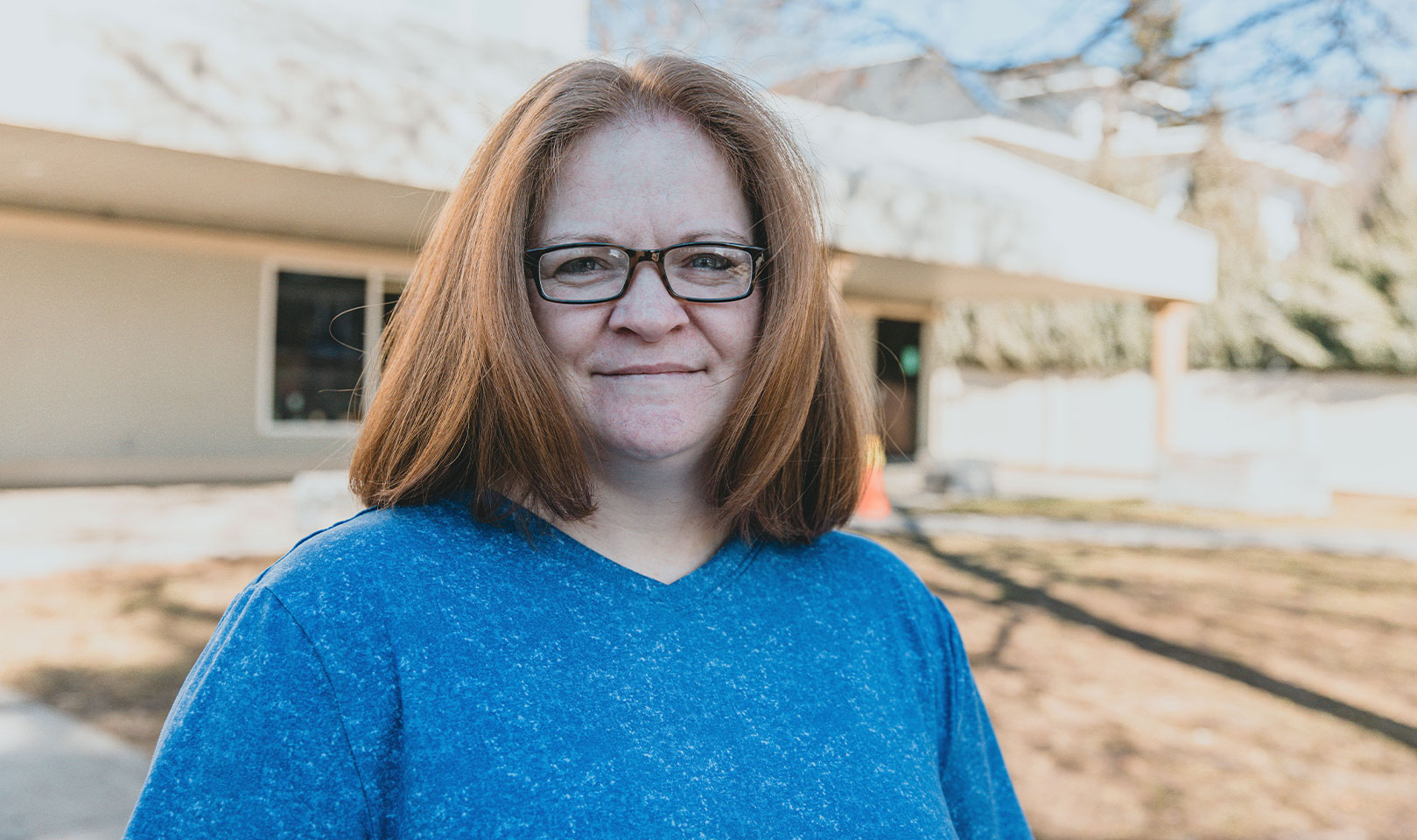6 min read
From Volunteer to Legacy Partner: Leaving a Lasting Impact on the Ministry
UGM operates 100% free from government funding. To effectively serve those in need, we rely on various types of generosity from the community—from...
Not many of us have piles of money lying around just waiting for the next good cause. And our time is as valuable as our money – if not more so. So, when we give, we want to know we’re making a difference. We want to know we’re making the world – or at least our corner of it – a better place. But how do we decide where to volunteer or donate? There are literally hundreds of great causes – clean water, domestic violence shelters, homes for teen moms, tragedy relief efforts, cancer research, mentors for fatherless children, disabled veterans, refugees, Bible translation…The list is endless.

Good news first – You’re interested in giving! That’s great news. It says a lot about you. You’re thinking beyond yourself and your immediate concerns.
And the bad news isn’t really that surprising – Not everyone who asks you for money is noble. You need to do your research.
That might seem like a no-brainer, but with so many good causes to choose from, how do you determine which one to make your own? Do you just give small amounts to a whole bunch of places? Maybe, but where do you stop? Here are a few questions to ask yourself before you give:
What issues do you feel passionate about? Is there an injustice that makes your blood boil? Have you or someone you know been significantly helped by an organization? Or have you watched someone suffer who could have been helped? Is there a worthwhile charity doing that kind of work? If you’re a Christian, you might ask yourself, where do I see God at work in the world?

Frederick Buechner said this about vocation, “The place God calls you to is the place where your deep gladness and the world’s deep hunger meet.” [Tweet this] You could apply the same idea to charitable giving or volunteer work.
Is it important to you that the charity be faith-based? If so, you mihgt want to look into whether or not the organization accepts government funding; government dollars come with government strings.
In addition to asking yourself what you want to give to, you need to consider what you don't want to give to. For example, the success of the "ice bucket challenge" raised a dilemma for people with opposition to embryonic stem-cell research. They wanted to give to find a cure for ALS (Lou Gehrig's Disease), but they didn't want to finance research that conflicted with their pro-life beliefs.
When you’ve found an organization that aligns with your values, consider its financial stewardship. What percentage of its revenue goes toward actual programming expenses and what percentage goes toward fundraising and administration? Every fundraiser (even a telephone solicitor) should be able to give you that information. If they can’t, you might not want to donate until you can find out.
Charity Navigator, an online resource for donors looking to research before they give, reported that 7 out of 10 charities they evaluated spent at least 75% of their budget on programs and services while 9 out of 10 spend at least 65%. These ratios provide a helpful point of comparison.

If you want to do a little more investigating, you can ask for the organization’s IRS Form 990, public information which will show how funds were spent. Not all non-profits are required to file a 990, but many do anyway for grant applications and other purposes. Audited financial statements will also provide valuable information about stewardship.
While you’re looking for financial data and statistics, ask yourself, “How easy is it to find this information?” Is the charity willing, eager even, to share how it’s stewarding the funds entrusted to it or does it seem to be reluctant to reveal specifics? Transparency is important. You want to give to a non-profit with nothing to hide.
An “output” is a fairly straightforward measurement of the activities and services provided by an organization, e.g., meals served, patient visits or nights lodging. “Outcomes” have more to do with the results of those services – people employed, families reunited or drop-out numbers reduced. An organization’s website or annual report should provide evidence both of the work it is doing and the difference that work is making.
Ask around. To whom are your friends giving? Is your church aligned with any specific non-profits? Look at ratings on reputable websites like Charity Navigator or the Better Business Bureau. Post a request for recommendations on social media and follow up with a little research of your own.

Finally, trust your gut. The conviction that motivated you to give in the first place will more than likely spur you on toward a place where your gift of time, money or gift-in-kind resources will make a significant impact.
If you'd like to know more about partnering with the Union Gospel Mission, click on the link below to download our e-book on all the unique ways you can help. This is a great resource to look over with your family or small group before taking the first step!


6 min read
UGM operates 100% free from government funding. To effectively serve those in need, we rely on various types of generosity from the community—from...

5 min read
Providing Essential Resources UGM relies on the support of the community to offer comprehensive care to individuals in need. One of the lesser-known...

3 min read
Once basic needs are met through UGM shelter services, individuals can face the issues that have perpetuated their unwanted situation. Through case...

By Phil Altmeyer Executive Director Christmas – what’s not to love? Family and old friends gathered together around a roaring fire. Sledding....

“God created man in His own image, in the image of God He created him; male and female He created them.” (Genesis 1:27) At UGM, we believe every...

Editor's note: This is the fourth post in a special Advent/Christmas devotional series, focusing on Isaiah 61:1-3. You may also want to read the...